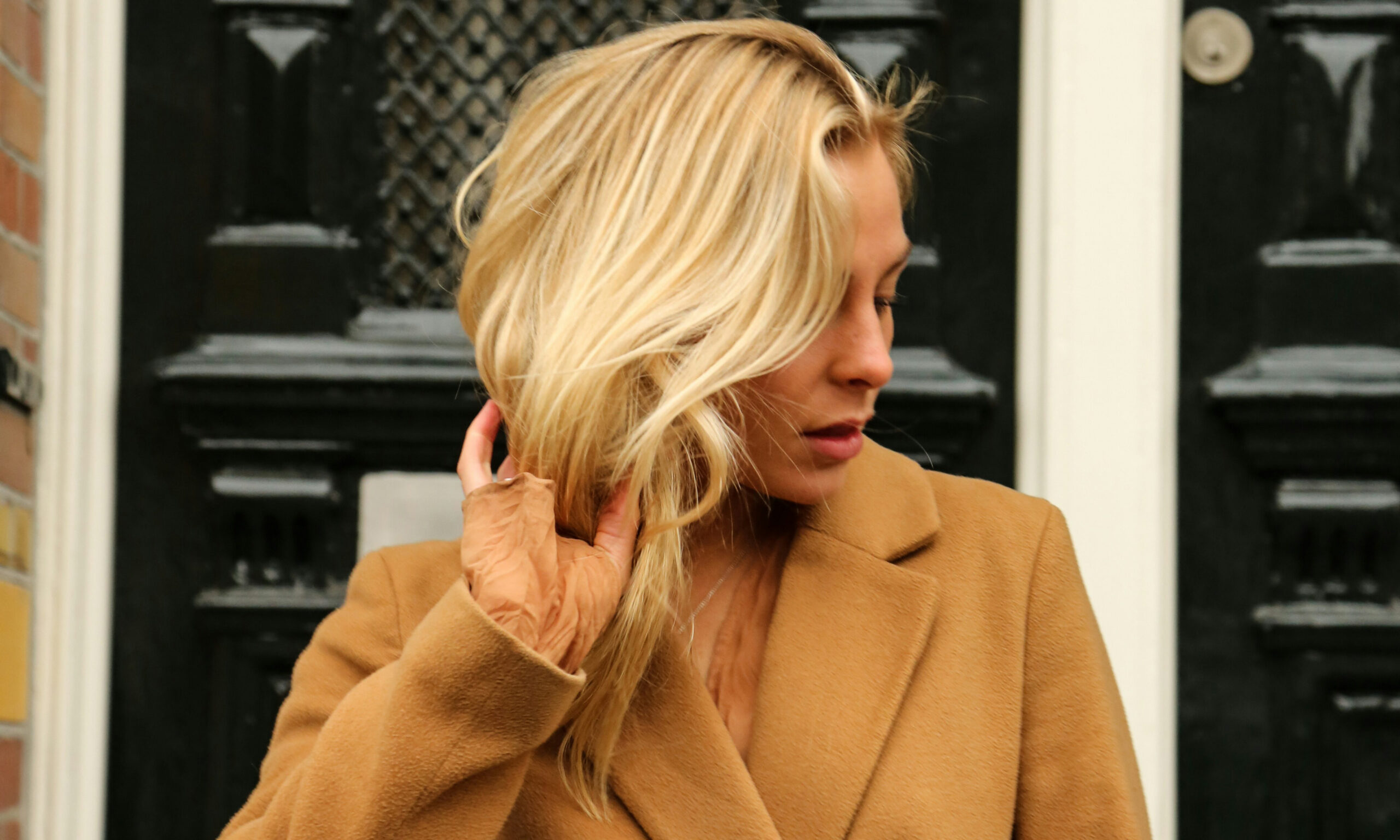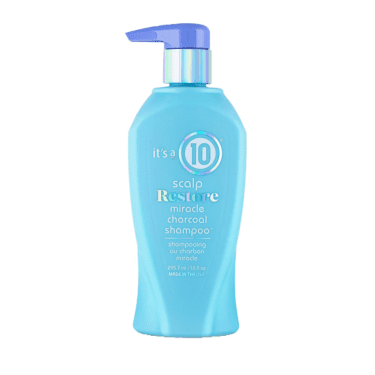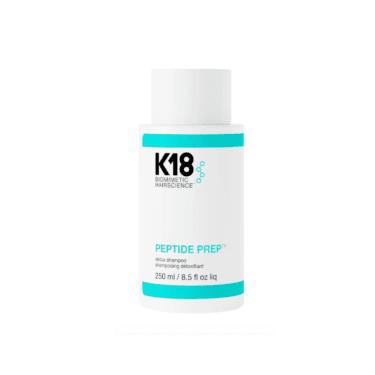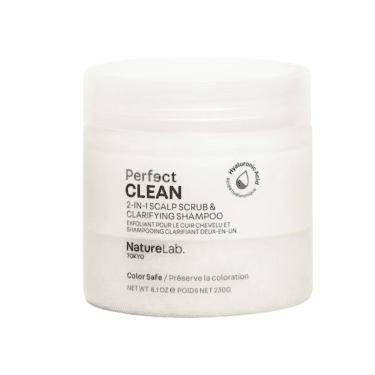While I’ve always considered myself relatively beauty savvy even as a young tween and teen, I hadn’t even heard of a clarifying shampoo until I was in my 20s. My mom and I took a trip to Ulta because my hair just wasn’t feeling right—no matter how much I showered, my strands never really felt clean. It didn’t take long for the Ulta associate to hear my hair woes and prescribe me with a detoxifying, clarifying shampoo. Just one use of the shampoo reset my scalp and brought my hair back to the look and feel I once knew, convincing me of the benefits of clarifying shampoos as quickly as I learned of their existence.
Now, despite having a regimen of different detoxifying scrubs, shampoos and masks, I’ve still found myself a little confused. How often should I be using a clarifying shampoo? Is too much clarifying a bad thing? Is there a difference between my classic clarifying washes and something like a detox mask? In order to help out other oily girls like me, I explored the world of clarifying shampoos below.
Featured Experts
- Shab Caspara is trichologist in New York and founder of hair-care retail platform Leona.co
- Paul Labrecque is the creative director, master stylist and colorist with Paul Labrecque Salon and Skincare Spa
- Ginger King is a cosmetic chemist
What is a clarifying shampoo and who needs one?
When you really think about it, the name “clarifying shampoo” can seem a bit redundant—aren’t all shampoos supposed to cleanse and clarify? But as Caspara explains, what makes a clarifying shampoo different is potency. “A clarifying shampoo is like a more potent version of your regular cleanser, designed to deeply purify the scalp and remove buildup from product, sebum and environmental pollutants,” says Caspara, noting that “A clarifying shampoo is essential for anyone experiencing dullness, scalp irritation or limited hair growth due to clogged follicles.” So, whether your strands are feeling lackluster, your scalp is itchier than normal or your tresses just won’t grow, incorporating a clarifying shampoo into your routine is a good idea.
How often should you use a clarifying shampoo?
I’ve grown to really love the experience of using a clarifying shampoo, but am often curious just how often I should be swapping out my regular shampoo for my scalp-clarifying one. According to Labrecque, clarifying shampoos should generally be used infrequently, unless “you are a swimmer or if you’re getting a chemical treatment as needed and directed by your professional stylist.”
In general, though, how often you use a clarifying shampoo depends on your unique wash schedule, Caspara explains. “If you shampoo once a week, use a clarifying shampoo every wash. For those washing every 2–4 days, incorporate it every other wash. Daily washers can benefit from using it once weekly to maintain a balanced scalp environment.”
Can you over-use a clarifying shampoo?
As the saying goes, too much of a good thing can be a bad thing, and in the way of clarifying shampoos, over-use can yield less-than-desirable results. “Overuse can dehydrate the ends and disrupt the scalp’s natural barrier (acid mantle), especially for fine or chemically treated hair,” Caspara says. King also notes that overusing a clarifying shampoo can lead to an unpleasant “stripped, squeaky clean” feeling across the hair. “Apply your clarifying shampoo primarily to the roots and adjust usage based on your hair’s condition and resilience,” Caspara advises.
Is there a difference between something like a detox mask or oil and a clarifying shampoo?
Clarifying shampoos aren’t the only option for rejuvenating a tired mane. From detoxifying oils to masks and powders, the options for hair and scalp detox are endless, but how do these treatments differ from a clarifying shampoo? “A clarifying shampoo is meant for deep cleansing, while a detox mask or oil is used to unclog follicles and can use AHA/BHA exfoliants as well as moringa or other cleansing oils to dissolve oil build up,” King says. Caspara adds that “Detox masks are typically more aggressive, formulated to strip heavy metals and mineral buildup from the strands. Clarifying shampoos, on the other hand, focus on deep cleansing the scalp and root area to improve follicle function and scalp health.”



